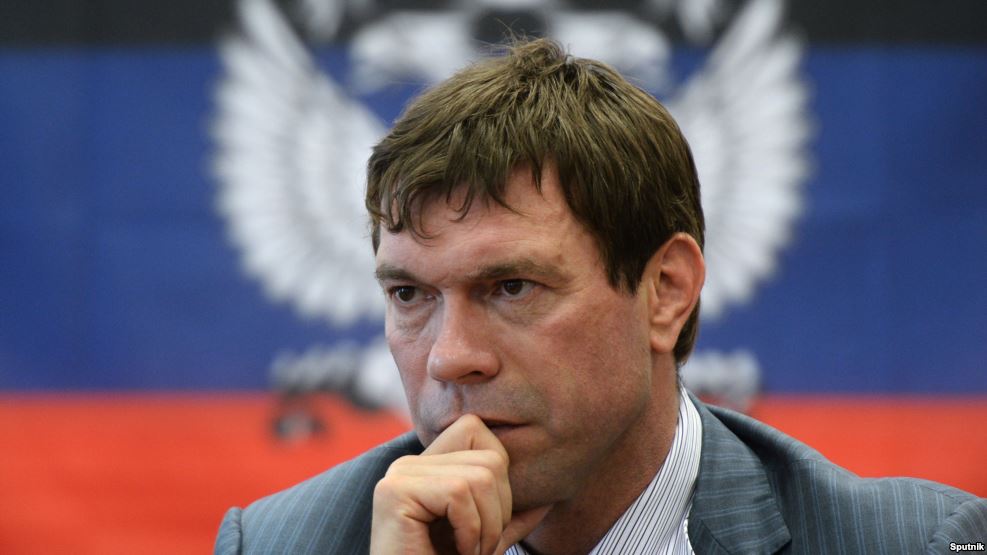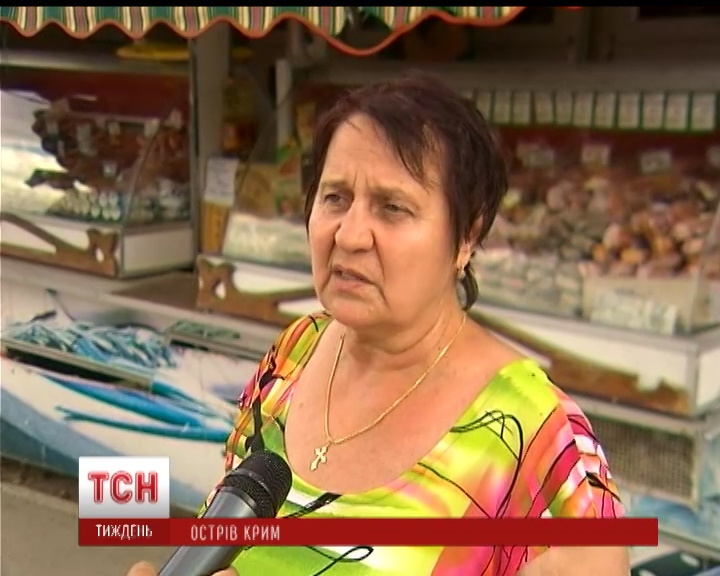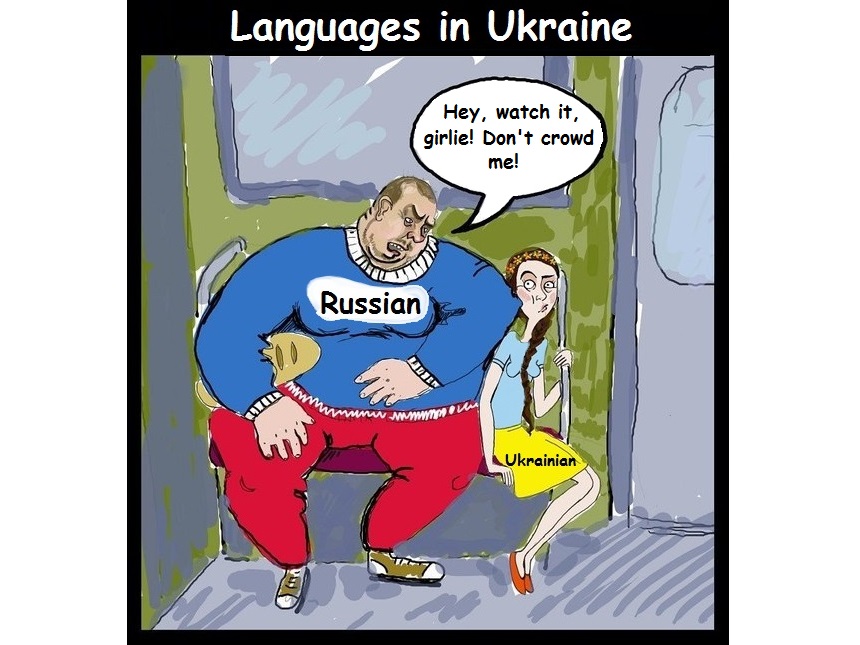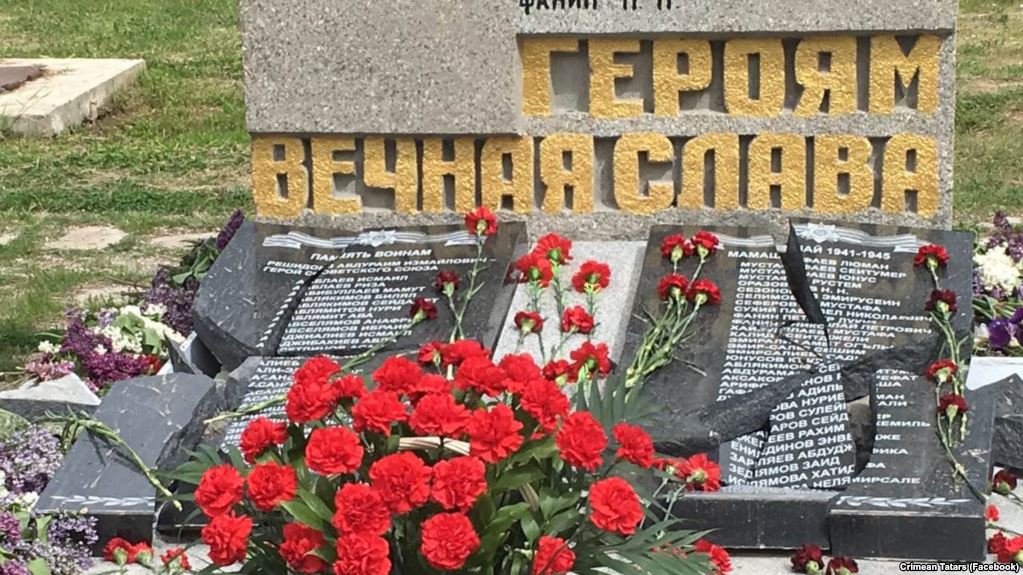The members of the Truth, Justice and Peace Commission, which was founded and organized by the staff of the Ukrainian Catholic University (Ukraine), the Kyiv-Mohyla Academy (Ukraine), the International Memorial Society (Russia), and the Collège des Bernardins (France, Paris), consider that, in order to establish a lasting peace, it is essential to identify and then remove the original causes of the war between Russia and Ukraine, and the conflict between Russia and the West.
First of all, the world must recognize that a hybrid war is being waged by Russia against Ukraine both in Crimea and the Donbas, both on land and at sea. Since February 2014, the war has caused more than 13,000 deaths, left tens of thousands maimed or wounded, and forced nearly two million IDPs and refugees to leave their homes. Russian aggression has destabilized not only Eastern Europe, but also the Middle East and Africa. The MH-17 downing in the Donbas by Russian troops in July 2014 changed the lives of many people all over the world.

The global community must recognize that Russia is party to the conflict in eastern Ukraine and is waging a hybrid war against Ukraine, so therefore it cannot claim to be a mediator or a peacemaker. Western concessions, lack of response to direct aggression, and dissimulated statistics do not encourage normalization, but rather exacerbate the situation.
Members also believe that, in order to resolve the conflict, it is important to understand the real reasons for Russian aggression against Ukraine, namely, Russia’s desire to limit Ukraine’s sovereignty, impede its progress towards European integration and prevent the spread of democracy.
Many examples show that the current Russian regime wants to achieve its goals in the post-Soviet space by force and outright aggression: in Transnistria, Abkhazia and South Ossetia, and now in Crimea and the Donbas. Only then will the Kremlin engage in peace talks in order to legalize the territories that they have captured, thus establishing a new status quo. Ignoring international law and human rights in the occupied territories, Moscow is actively spreading its propaganda across Europe, urging EU countries to exert more influence on Ukraine “for the sake of peace”.
DECLARATION
We believe that the current efforts to organize a meeting in the Norman format and impose the “Steinmeier Formula” on Ukraine, a plan where the political component is totally disassociated from the most important component – security, are dictated by the desire to “normalize” relations with Russia by lifting sanctions and resuming commercial exchanges, that is, the EU countries wish to achieve “quick” rather than long-lasting results.
We are convinced that an artificial peace will not produce any positive results. International order cannot be restored in cooperation with nations that violate it. Moreover, violation of the rules should not be grounds for modifying international law. Our attitude towards violators/lawbreakers has to change. Previous international institutions and procedures have always played an important role, but today they are paralyzed because they are unable to respond to Russia’s destructive actions. Europe’s old tactical inertia has already proven ineffective and is a constant threat. It is time to come up with new political initiatives that could strengthen international partnerships on the basis of European democratic values.
European states should bring persons and companies that violate sanctions against Russia to justice, and ensure that national and European parliaments adopt an analog of the Magnitsky List – a list of individuals and entities involved in illegal activities.

Concerning Ukraine, we are very disturbed by Ukrainian oligarchic elites seeking to regain their influence after the 2014 Revolution of Dignity, compromising on the “return of the Donbas” under terms and conditions dictated by Moscow, and ignoring Crimea in all negotiations.
In this regard, we consider it important to distinguish between the official positions of the different parties and the real long-term interests of Russian and Ukrainian societies and, more broadly, those of Europe.
European countries must recognize that, in helping to achieve peace in Ukraine, Europe can be neither an observer nor a neutral mediator, but should defend fundamental European values - the rule of law, human rights and justice, and European security, as Russia systematically undermines European solidarity and security.
The world must develop a long-term strategy for Russia that cannot be replaced by occasional improvisations by world leaders, even if they are dictated by good intentions. Surrendering specific positions in the face of the Russian threat and Putin’s bluff is far more dangerous than establishing “red lines” that the Kremlin should not cross.
Ukraine needs to be integrated into the European security system and funding should be allocated for the Ukrainian army through the EU Delegation to Ukraine. Consensus needs to be reached on Ukraine’s accession to NATO, despite the long-term occupation of the Donbas and Crimea. This will not lead to a NATO conflict with Russia, but will help avoid the mistake made on the eve of World War 2, when [Nazi] aggression led to a global catastrophe.
Before the start of the meetings in the Normandy format, it should be recalled that the advance of Russian troops deep into Ukrainian territory was halted by the determination of Ukrainians to protect their country, rendering the number of military casualties unacceptable to the Kremlin regime. The “hot” conflict is ongoing in Ukraine, and the Minsk protocol has only been able to reduce its intensity. It should also be remembered that, as Moscow continues to deny its apparent involvement in the war against Ukraine, the Minsk protocol is only a “ceasefire”, and not a peace settlement.

From left to right: Nikita Petrov, Kostiantyn Sigov, Antoine Arjakovsky
To achieve a long-lasting just peace, we recommend the following steps:
- involve the High Representative of the Union for Foreign Affairs and Security Policy in the Normandy format negotiations, which would support Ukraine’s territorial integrity, impose sanctions against Russia and support reforms in Ukraine by allocating considerable funds.
- start implementing a political strategy for the reintegration of the occupied territories in the Donbas only after developing a clear plan for ensuring the security of that territory.
- consider the deployment of an international peacekeeping force under the auspices of the United Nations or the OSCE in the occupied territories of the Donbas. The involvement of European states in such a mission would enhance their credibility and reaffirm Europe’s commitment and ability to bring peace to the continent.
- after a long-term ceasefire, send an interim administration with OSCE or UN mandate to the occupied territories to oversee demilitarization, prepare conditions for democratic elections, free media, political parties, and the return of refugees and displaced persons.
- international organizations should send as many observers as possible to the voting stations; they should not be nationals of the countries parties to the conflict and should not be sent by those countries.
- the role of international institutions that define today’s security architecture in Europe should be reformed and strengthened so that they can fulfill their functions more effectively.
- it is important for European countries and international institutions to continue strengthening their support for research, education and awareness programs for EU citizens and politicians, using modern communication methods in order to win the minds and hearts of new generations.
- create a network of reputable expertise centres in Ukraine, Russia and other countries on the development of independent media, democracy, the study and analysis of political history, the strengthening of Euro-Atlantic security, the promotion of universal values and the protection of human rights in a globalized and digital world.
- The European Union needs to develop a long-term strategy for transforming Russia and implementing a real democratic process in the country.
- Ukraine needs to make more efforts to support the occupied population, facilitate access to information, social and medical services, and reduce the number of documents required to access the social protection system.
- provide international financial support to Ukraine’s efforts to restore the destroyed economy and infrastructure of the Donbas, and ensure physical and psychological rehabilitation of the victims.
- funding for peacekeeping projects in Ukraine should be increased through the Delegation of the European Union to Ukraine.
It is worth remembering that establishing peace in the Donbas is only the first step towards a long-term settlement of good relations between Russia and Ukraine, and between Russia and the West.
We are concerned that Crimea has been forgotten in all the ongoing political negotiations. Not only does this allow the Kremlin to think that the world will finally reconcile itself to the occupation and annexation of this part of Ukraine, but it also puts the indigenous people, the Crimean Tatars, at risk of systematic pressure and persecution in their homeland. The world should appreciate and support the long-standing commitment of the Crimean Tatars to the principle of non-violent resistance.
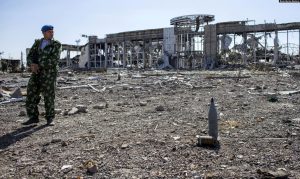
Russia’s negative influence on international organizations, whose work is being systematically blocked, must cease, especially with regard to the UN Security Council, where Russia has veto power. This right should be balanced by another mechanism of overcoming the veto by a vote of the UN General Assembly.
The lifting of sanctions against Russia and its integration into the world security system will be possible only after the Crimea issue has been settled within the framework of the restoration of Ukraine’s sovereignty in its internationally recognized borders. To address this issue, civil society representatives and experts, who will work on historical memory and realistic projects for the future, need to be included in the discussion process.
It is necessary to continue strengthening support for Russia’s civil society, bearing in mind that this is long-term work, since only by building a truly democratic state will Russia be able to ensure stable economic development for its citizens, change their imperial worldview and ensure security for Russia’s neighbours and other European countries. The efforts of different civil society organizations that advocate for human rights in Russia and beyond should be actively supported.
Experience has taught us that trust is created through collaboration. In our sessions and discussions, we have never been afraid to talk honestly about the most pressing issues. Today, thanks to international attention to the release of Ukrainian political prisoners from Russian prisons, we can broaden the audience interested in the truth. The fortitude and courage demonstrated by Oleh Sentsov, Ilma Umerov, Iryna Dovhan, Akhtem Chyygoz, Roman Sushchenko, Ihor Kozlovsky and other prisoners of conscience can provide an important impetus to political philosophy and ethics for strategic decision-making. Public meetings between politicians, intellectuals and prisoners of conscience in Paris, Berlin, Brussels and other European capitals should draw the attention of civil societies and leaders, who can thus make more concerted and joint forms of resistance to cynical violations of international law.
It is time for the European community to take on new responsibility for Eastern Europe, for peace at its borders, where the fate of the entire European world is being decided.
Public opinion in European Union countries should facilitate the transition from general discussions on the EU security system to the practical implementation of that security through joint military efforts to control the Russo-Ukrainian borders. This is the real path to peace. Such joint actions can end escalation and prevent a major war in Eastern Europe. Compliance with international law by all countries, without exception, must unite civil society and the leaders of democratic European states. New European solidarity will unite all European citizens who care about freedom, human dignity and security, those who resist cynicism and denial.
First and foremost, the countries of Western European must keep the promises made at the signing of the Budapest Memorandum in 1994, when they guaranteed Ukraine security in exchange for surrendering its nuclear weapons.
SIGNATORIES
Antoine Arjakovsky – historian, Head of the Research Department, Collège des Bernadins, Paris
Tornike Gordadze – former State Minister for Euro-Atlantic Integration of Georgia, Professor at the Institut d’études politiques de Paris
Volodymyr Kazarin – Rector of Tavrida National University, Crimea
Father Heorhiyy Kovalenko – Rector of the Open Orthodox University of Saint Sophia the Wisdom (Kyiv), Orthodox Church of Ukraine
Myroslav Marynovych – Vice-Rector of the Ukrainian Catholic University, Lviv
Alexander Melnyk – political scientist, former Russian diplomat, Professor at ICN Business School, France
Alexander Morozov – political scientist, research associate at the Boris Nemtsov Academic Centre, Prague
Nikita Petrov – Russian historian, Deputy Director of the International Memorial Society, Moscow
Kostiantyn Sigov – philosopher, Director of the Centre for European Humanities, Kyiv-Mohyla Academy, Kyiv
Nicolas Tenser – publicist, Professor at the Institut d’études politiques de Paris





